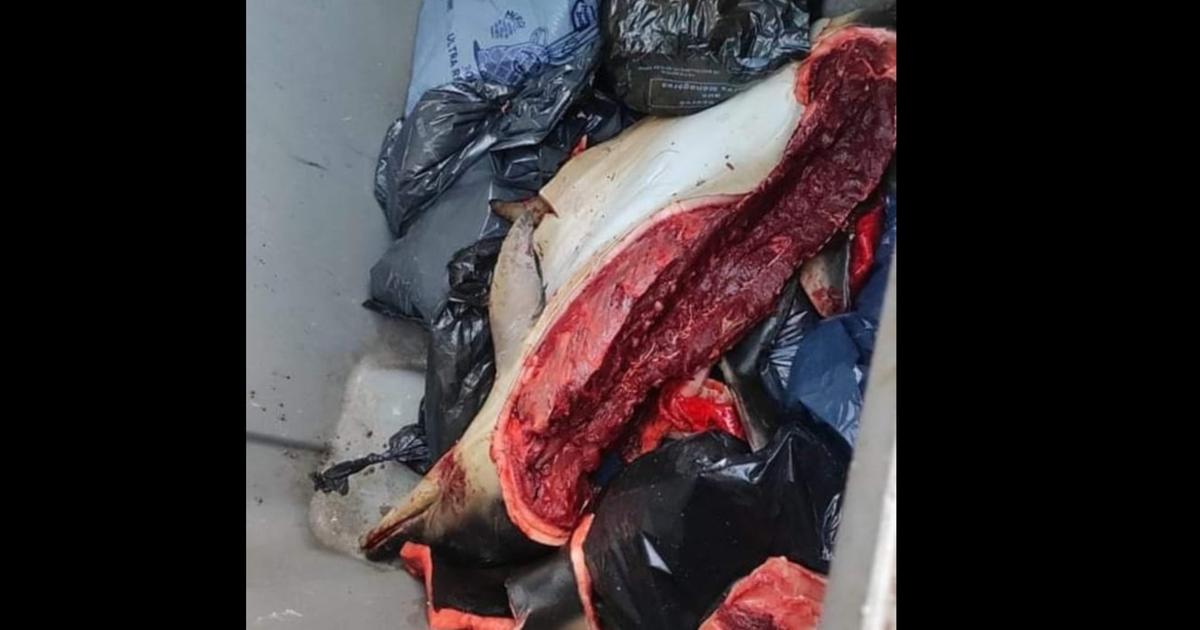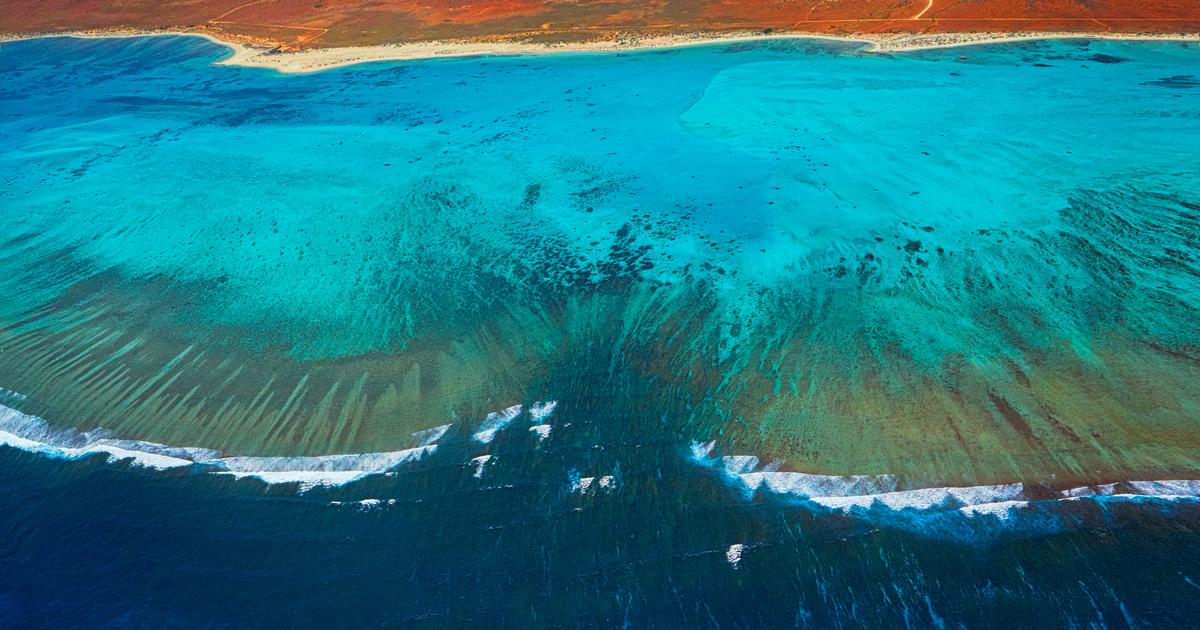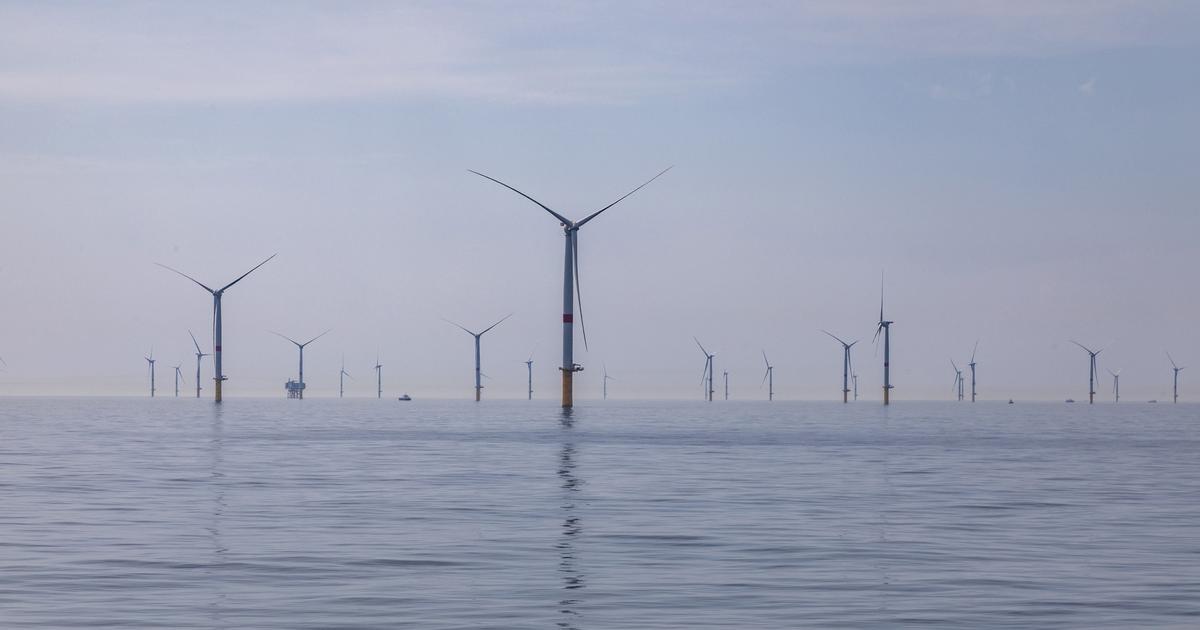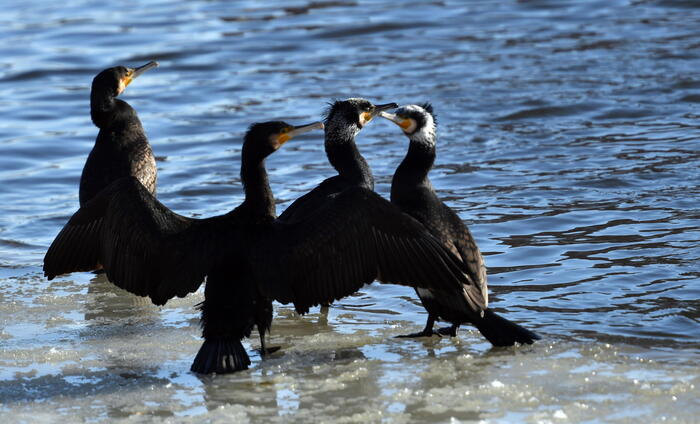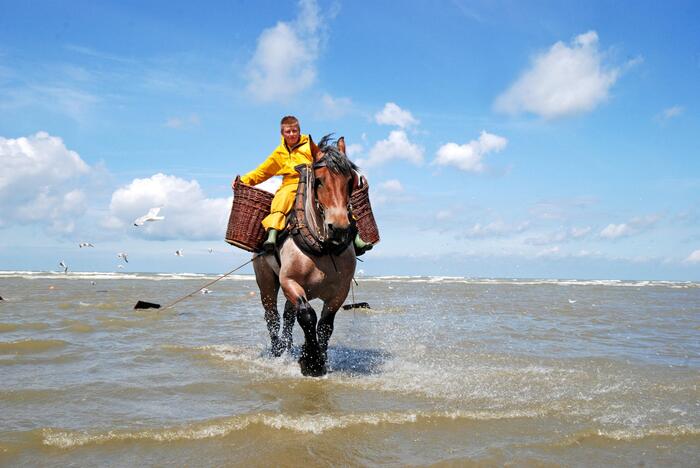Another dolphin corpse found in Finistère. The carcass, reported on May 1 in a garbage can in Tréboul, on the bay of Douarnenez, "leaves no doubt that its flesh has been consumed," denounced Sea Shepherd, the very combative NGO for the defense of the oceans, recalling that the consumption of the cetacean is however "strictly prohibited".
Three days later, a 76-year-old man confessed to his crime. The retired former fisherman tells agents of the French Office of Biodiversity to have found the dolphin freshly stranded on the beach, and to have cut it to consume it.
https://twitter.com/SeaShepherdFran/status/1653660262665183233
For Sea Shepherd, the act is not isolated. "Dolphins are still butchered on the coasts of France to consume the flesh," accused President Lamya Essemlali in 2020, while two dolphins butchered to be eaten had been discovered on the beach of La Torche near Guilvenec, Brittany. Even today, says the NGO, "recipes of dolphin bitten with garlic circulate in the fishing community".
Pest species until the 1960s
Is the accusation justified? Contacted by Le Figaro, a former tuna fisherman in Les Sables-d'Olonne, Jacques Toublet, recalls: "Personally, I have been retired for quite a few years, I can not tell you if it is still practiced. But of course I ate 'porpoise' in my youth!" exclaims the pensioner. "When we did thirty or forty days of tuna fishing, we needed a lot of protein."
The context was quite different then. Until the 1960s, the cetacean was considered a pest species, especially for the booming sardine industry. From Douarnenez to Saint-Jean-de-Luz, nearly 150 canneries generated hundreds of jobs. But "sardine fishing was carried out with a very fragile cotton net, which porpoises destroyed by chasing fish," explains Roland Mornet, a researcher in oceanography. For the industry, the losses were considerable. "On the basis of financial interests, the industrialists challenged the deputies who themselves pleaded with the ministers. The term "eradicate" was regularly used. We had to purge our seas."
Thus in 1901, the Ministry of the Navy decided to award a bonus of ten francs for each head of dolphin - a measure abolished thirty years later because of its too great success, but which testifies to a period when "the dolphin was hated, hated, abhorred". "On has done everything to eradicate the species," recalls the oceanographer.
In steak or roast bleeding
On fishing boats, the cetacean provides fishermen with timely meat. "On had no fridges, just a few coolers, we had to eat meat after a while at sea," says Jacques Toublet, the fisherman from Vendée.
In Brittany, Vendée and Charente-Maritime, "all tuna boats were equipped with harpoons" to hunt the dolphin, reports Roland Mornet. The steak of "porpoises" or "beluga" - names given to the dolphin - "was consumed throughout the west coast, especially on tuna vessels (tuna fishing vessels, editor's note)". The specialist himself cooked and ate it when it was foam - "and it was not bad," he assures Le Figaro.
The dolphin was cooked like beef, steak or roasted bleeding. The heart and liver were also cooked and eaten like veal. You could also find them in different auctions, or on the menu of some restaurants. "The workers who worked on board the ship during repairs or various preparations asked us: 'Guys if you prick a porpoise, don't forget us...'", says the former sailor.
A war between NGOs and sailors
Little by little, the image of dolphins is evolving. The television series "Flipper the dolphin" rehabilitates the cetacean to the general public. In 1970, an order prohibited "the pursuit or capture of marine mammals of the family Delphinidae". Contrary to the perception of fishermen.
Despite their protected status, Sea Shepherd now deplores the fact that dolphins are still trapped in nets, salvaged to be eaten on foreign or French fishing boats. Worse, some "would even be the target of rifle fire" to end up on the plate. Nearly 400 dolphin strandings are recorded each year on the French coast, according to the Pelagis Marine Mammal Observatory.
Pointed out, fishermen, through the regional fisheries committees of Pays de la Loire, Brittany and Nouvelle-Aquitaine, signed a common charter of good practices in February 2021, hoping to escape stigmatization and "dispassion the debate". But the opposition continues. Last March, several Sea Shepherd activists laid bloodied dolphin corpses in front of the European Parliament in Strasbourg, asking the body to put pressure on French legislation.
«
To my knowledge, the dolphin has not been eaten for decades, "contests Roland Mornet, who evokes a simple "isolated act", and denounces instead the "provocative" attitude of the NGO. "This is not the first time that these organizations would make disinformation and provocation," says the oceanographer, also referring to the NGO Greenpeace, another spearhead of the defense of animals, looking at all costs for culprits. "The sailors are fed up with these repeated accusations." Sea Shepherd, which claims to find "every year" carcasses of cetaceans consumed, announced this time to file a complaint for "mutilation of protected species".

